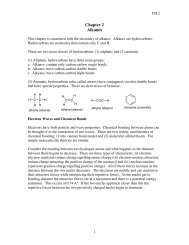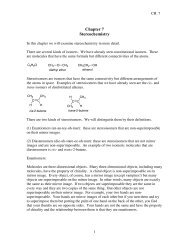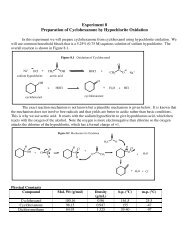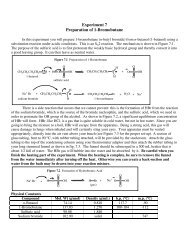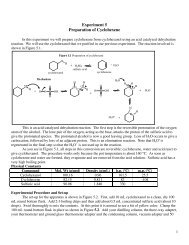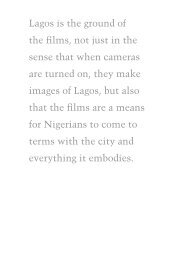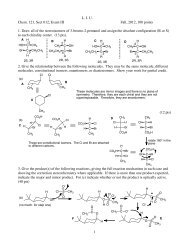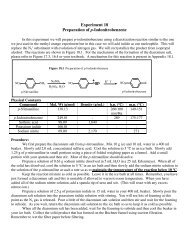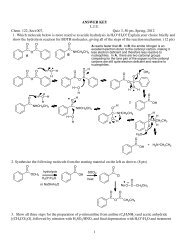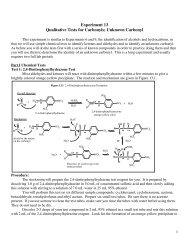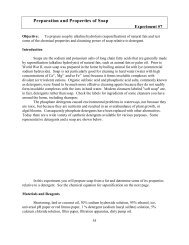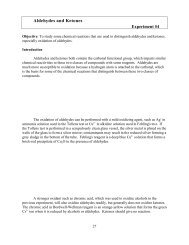Collective and Elective Ethnicity: Caste Among Urban ... - myweb
Collective and Elective Ethnicity: Caste Among Urban ... - myweb
Collective and Elective Ethnicity: Caste Among Urban ... - myweb
You also want an ePaper? Increase the reach of your titles
YUMPU automatically turns print PDFs into web optimized ePapers that Google loves.
614 AliHe points out that economically disadvantaged Muslims may be more concernedwith issues of caste. Status for “those people” is ascribed rather thanachieved. But for him, the need to uphold ethnic honor is far outweighed bythe need to be economically mobile <strong>and</strong> acquire material goods.With the expansion of economic <strong>and</strong> political opportunities since independence,the importance of lineage-based status identities such as caste hasgreatly diminished. It has moved to the point where corporate caste organizationis giving way to symbolic caste, a type of self-referenced identity withlittle bearing upon one’s life chances, <strong>and</strong> simply one of many factors thatdefine an individual’s status. This is brought out quite clearly in an interviewwith the movie megastar, Shah Rukh Khan on a popular television showin India called Aap ki Adaalat (Your Court of Justice). Mr Khan was askedwhy he was so hotheaded at times, <strong>and</strong> his response was “Hum Pathan hain!”(I’m a Pathan!) He said it with a wink <strong>and</strong> a faux ferocious look, a caricatureof how a “real” Afghani Pathan might snarl. The point is not that he is not areal Pathan (he may or may not be descended from Afghani Pathans). Thepoint is that he is of the film world, <strong>and</strong> his personal status is rooted in areasother than being of a particular caste. He can claim to be Pathan when itsuits him, but otherwise he is the heartthrob of millions—not because he isPathan or Muslim, but because he is cute <strong>and</strong> performs well in fight scenes.CONCLUSIONIn this paper I have linked the constructivist idea of ethnicity as a processof collective identity formation with symbolic ethnicity, the idea that ethnicidentity need not be attached to a collectivity. <strong>Caste</strong> identity for Muslims inHyderabad is a social formation that varies in importance for people in differentlife situations. I have shown how caste as a collective formation existsalong with, <strong>and</strong> in opposition to, symbolic caste, that is, individually displayedethnic identity. Corporate caste groups are important for some, but mostMuslims in Hyderabad exhibit either symbolic caste or often claim no caste atall. Ties between members have weakened, <strong>and</strong> caste identities have wanedin importance, as they are no longer useful in garnering economic or politicalresources; this is the case for the bulk of Muslims in Hyderabad. There is nosocial benefit from simply being high caste, unless one has also achieved statusthrough education, profession, or income. Those who try to claim statussimply through lineage are mocked <strong>and</strong> derided for living in the past.But for the corporate groups of Qureshi <strong>and</strong> Medhavi Pathans, thereare benefits to caste membership, as well as costs of negative stereotypingby others. This encourages <strong>and</strong> even requires the practice of endogamy,which for people in these groups is, on the one h<strong>and</strong>, a rational choice totake advantage of certain kinds of opportunities <strong>and</strong>, on the other h<strong>and</strong>, a



